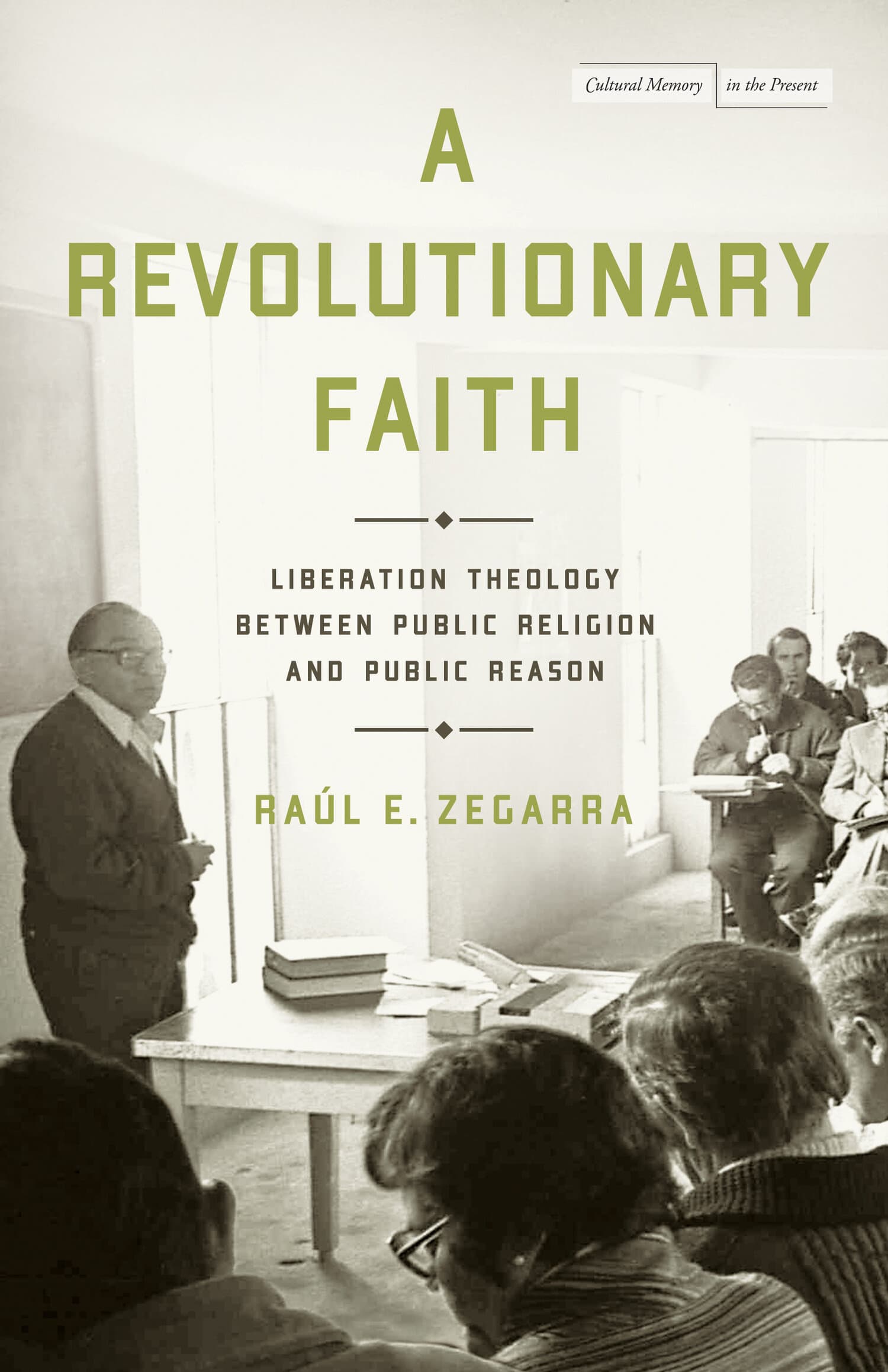The Problem with Grace

This book develops a post-secular, post-sectarian political theology, taking that burgeoning field in a new direction. With his bold suggestion that political philosophy must begin with political theology, Vincent Lloyd investigates a series of religious concepts such as love, faith, liturgy, and revelation and explores their political relevance by extracting them from their Christian theological context while refusing to reduce them to secular terms. He assembles an unusual canon of thinkers "too Jewish to be Christian and too Christian to be Jewish"—Simone Weil, James Baldwin, Franz Kafka, and Gillian Rose—to aid him in his explorations.
Unique in its serious attention to both theological writing about politics and the work of academic philosophers and theorists, The Problem with Grace deepens our understanding of political theological vocabulary as a way back to the everyday world. Politics is not about redemption, but about grappling with the ever-present difficulties, tragedies, and comedies of ordinary life.
"Many books are produced each year within the discipline of political theology; very few, if any, are like The Problem with Grace. . . . [It] is likely to exert a gravitational force on the direction of political theology, which will be better off for it."—Rick Elgendy, The Journal of Religion
"This is an important book, not only for its exquisite handling of complex figures, arguments, problems, and tensions, but because it displays so well what its thesis is all about: a political theology that disenchants the sphere of the ordinary. Lloyd wants a political theology that is always moving about in the jagged messiness of ordinary living, where values, norms, and practices are already understood and policed by religious languages and practices. This book will deepen post-modern/post-liberal discussions of religion and public life, public theology, and political theology."—Victor Anderson, Vanderbilt University
"The Problem with Grace is a strange and wonderful book, anti-intellectual in the best sense. The defense of the ordinary here, indebted to the work of the late Gillian Rose, will threaten scholars in a wide variety of fields at the same time that the examples Lloyd invokes will energize them and enliven their classrooms. We live in an age in which the slow is at its maximal appeal: slow food, slow art, slow sex. Lloyd's work is the first I know that can be proudly described as slow thinking."—Martin Kavka, Florida State University




